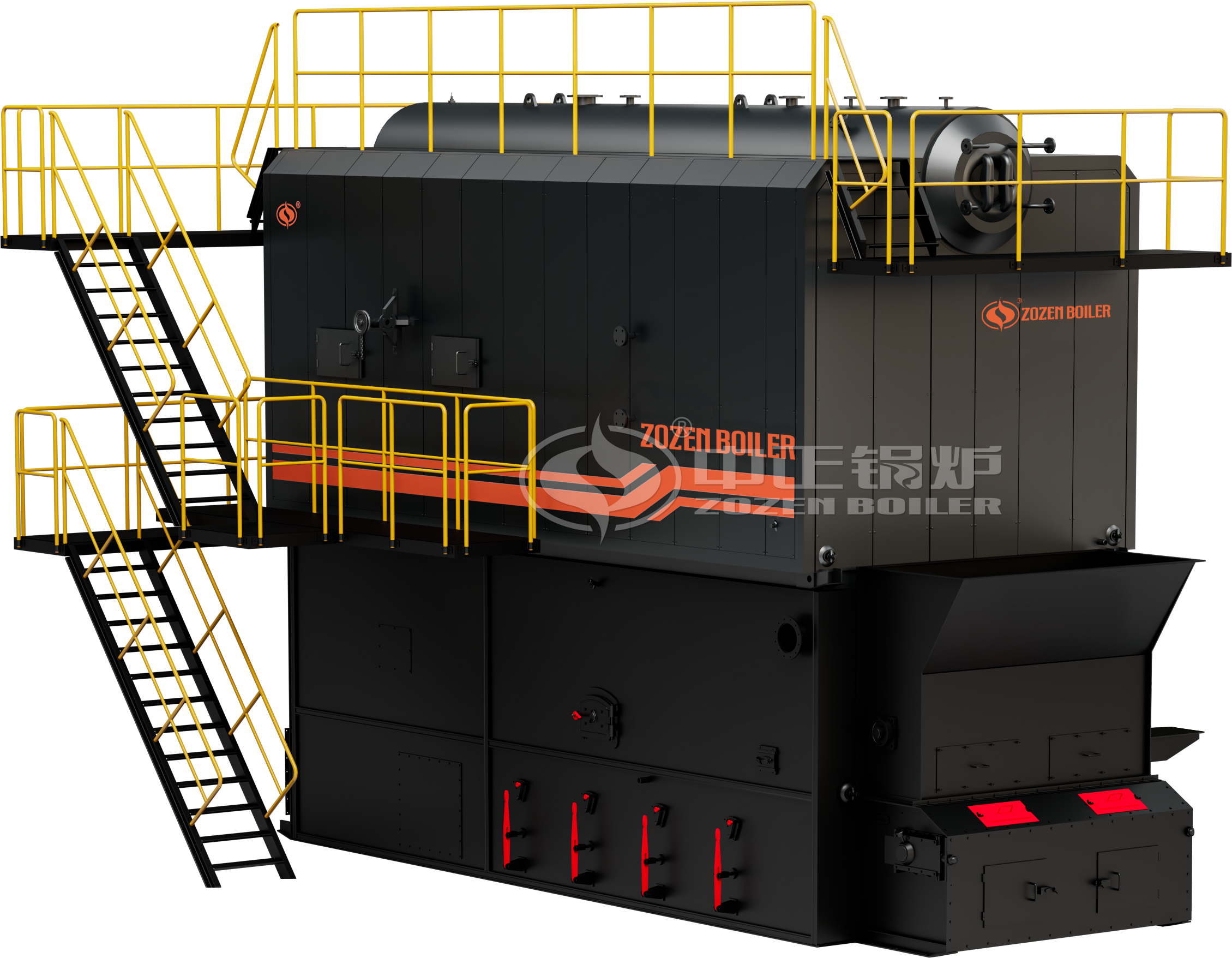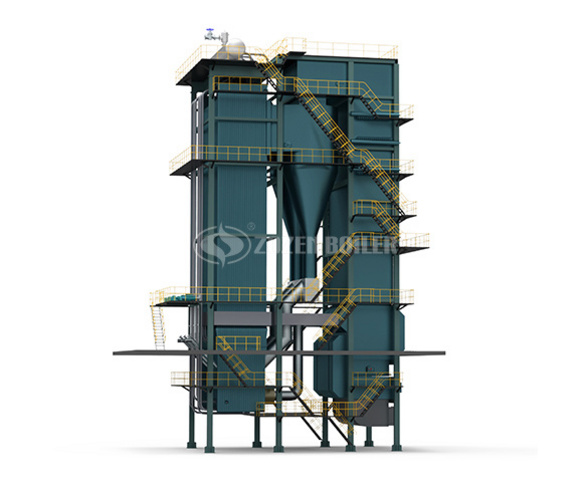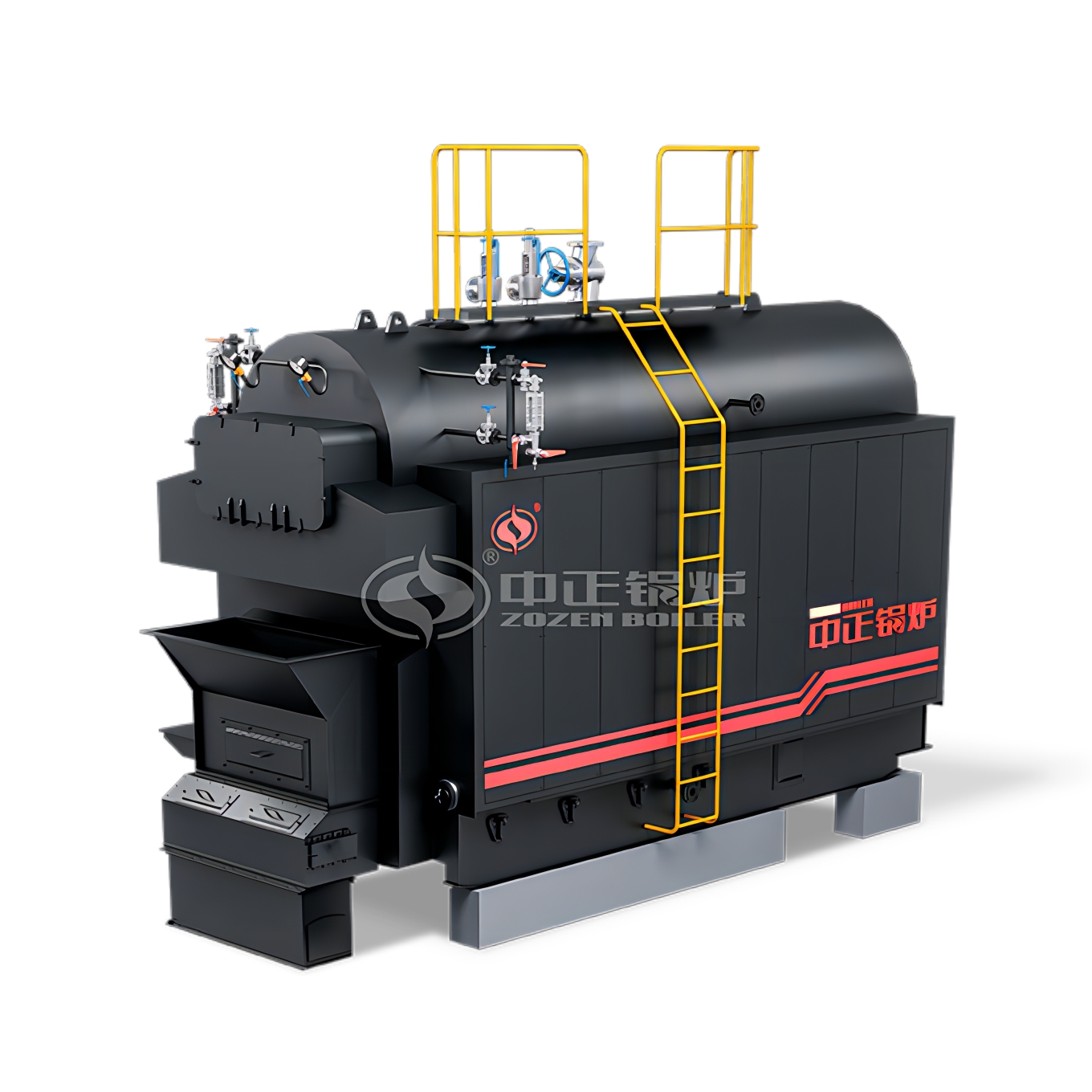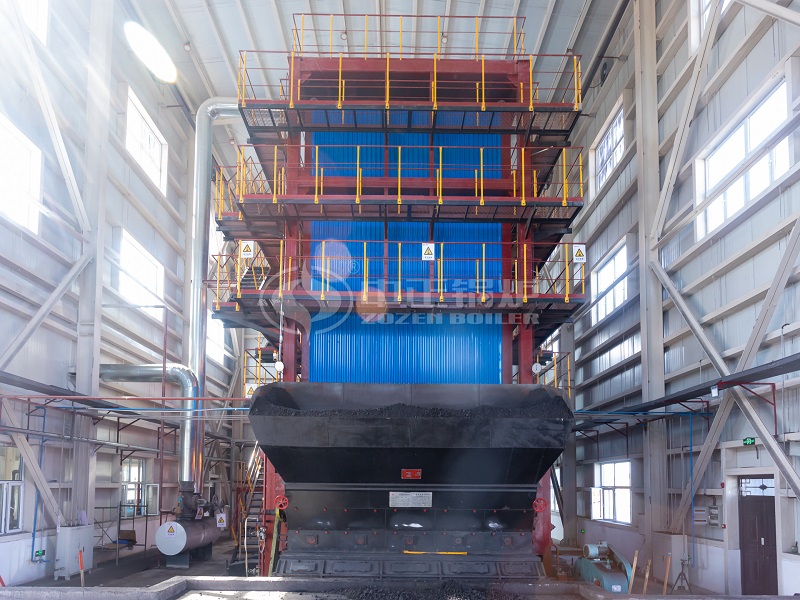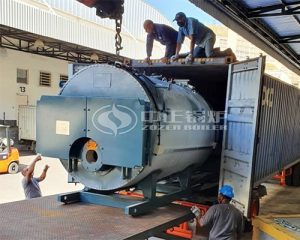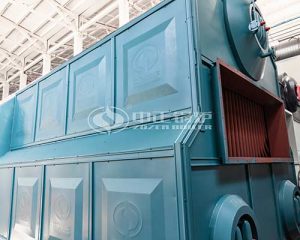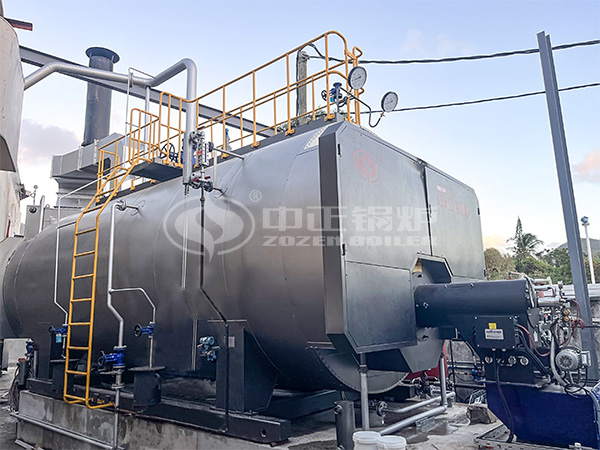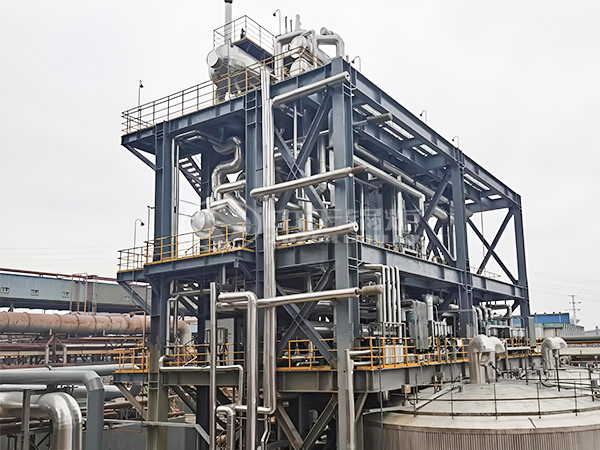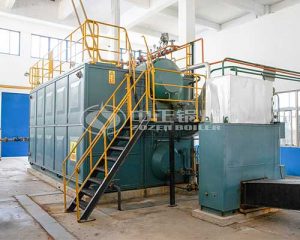Introduction
Fire tube boilers are widely used in various industrial applications as they provide efficient and reliable heating solutions. These boilers operate on the principle of passing hot gases through tubes submerged in water, thereby transferring heat to the surrounding water. This article will delve into the basic principles and application, analyze the factors influencing the fire tube boiler efficiency, and highlight ZOZEN’s popular fire tube boiler, the WNS series, known for its exceptional thermal performance. Furthermore, we will explore ZOZEN’s position as a model enterprise in China’s fire tube boiler industry, emphasizing its cost-effectiveness, energy efficiency, reliability, and durability. Finally, we will discuss the impact of fire tube boiler efficiency on energy conservation and future development trends.
Part 1: Basic Principles and Application Range of Fire Tube Boilers
Fire tube boilers are widely utilized in industries such as power generation, chemical processing, textile, food processing, and more. Their fundamental design consists of a cylindrical shell filled with water, with tubes running through it. The hot gases produced by the combustion process pass through these tubes, heating the water and generating steam or hot water. The simplicity of their design, ease of operation, and ability to handle a wide range of pressures and capacities make fire tube boilers a popular choice in industrial settings.
Part 2: Factors Affecting Fire Tube Boiler Efficiency
Several factors influence the fire tube boiler efficiency:
Combustion Efficiency: Efficient combustion of fuel is crucial for maximizing fire tube boiler efficiency. Factors such as excess air, proper fuel-air mixing, and combustion control systems play a significant role in achieving optimal combustion efficiency.
Heat Transfer Efficiency: The transfer of heat from the hot gases to the water affects the overall fire tube boiler efficiency. Factors like tube design, surface area, insulation, and cleanliness impact heat transfer efficiency.
Boiler Operation and Maintenance: Regular maintenance, including cleaning of tubes, proper water treatment, and control of scale and deposits, contributes to improved efficiency. Additionally, optimizing boiler operation parameters, such as fuel-air ratio and excess air levels, can enhance efficiency.
Boiler Design: The design features of fire tube boilers, such as the arrangement and sizing of the tubes, the combustion chamber, and the heat exchanger, influence their efficiency. Innovations in boiler design aim to maximize heat transfer and minimize heat losses.
Part 3: ZOZEN’s High-Efficiency Fire Tube Boiler: WNS Series
ZOZEN, a leading manufacturer of industrial boilers in China, has gained recognition for its WNS series fire tube boilers. The WNS series offers a thermal capacity ranging from 1 to 20 t/h, working pressure between 0.7 and 2 MPa, and a rated steam temperature of 170-204℃. This series incorporates a large furnace design, coupled with corrugated furnace and threaded smoke tubes, to enhance overall heat transfer efficiency. As a result, the fire tube boiler efficiency exceeds 98%, ensuring optimal energy utilization.
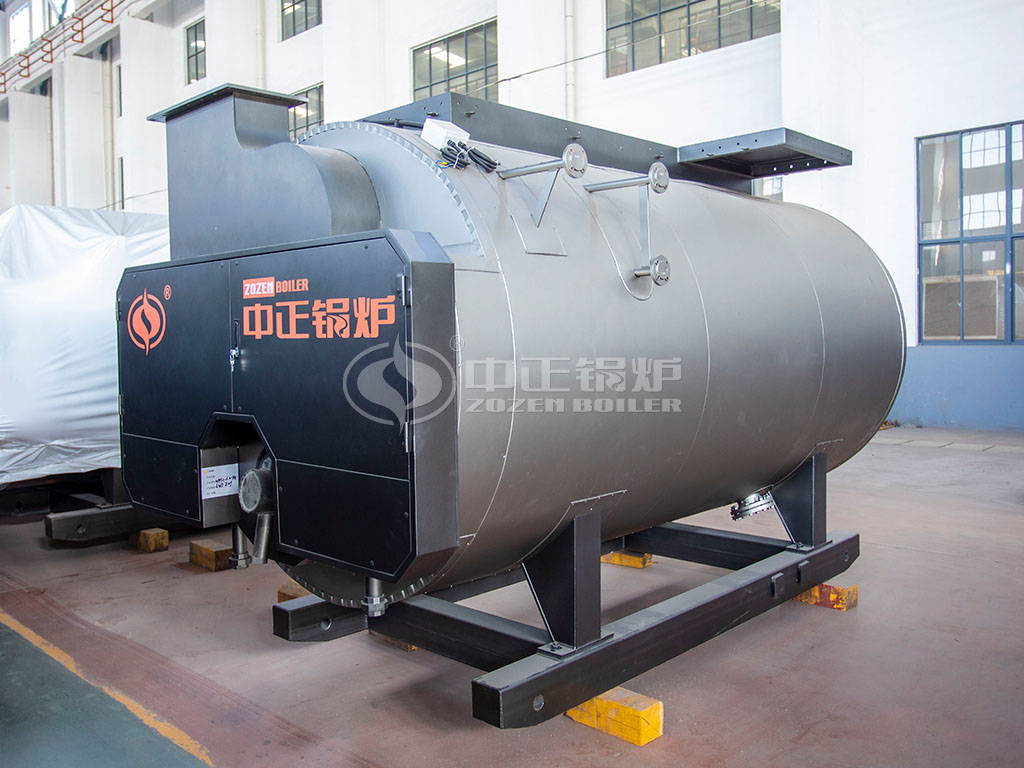
ZOZEN WNS Series Oil/GAS Fire Tube Boiler
Part 4: ZOZEN as a Model Enterprise in China’s Fire Tube Boiler Industry
ZOZEN exemplifies the strengths of China’s fire tube boiler industry, providing cost-effective and economical solutions. Their fire tube boilers offer high efficiency and energy-saving features, helping industrial users achieve significant operational cost reductions. ZOZEN boilers are known for their reliability and durability, ensuring long service life and minimizing downtime, thereby enhancing productivity.
Part 5: Impact of Fire Tube Boiler Efficiency and Future Trends
The fire tube boiler efficiency directly affects energy conservation and environmental sustainability. Higher efficiency translates into reduced fuel consumption and lower greenhouse gas emissions. As energy conservation becomes increasingly important, the demand for high-efficiency fire tube boilers is expected to rise. Future trends in fire tube boiler development focus on advanced combustion technologies, improved heat transfer surfaces, and intelligent control systems to further enhance efficiency.
Conclusion
Fire tube boilers play a crucial role in various industries, providing efficient and reliable heating solutions. Understanding the factors affecting their efficiency is vital for optimizing their performance. ZOZEN’s WNS series fire tube boilers exemplify high efficiency and advanced design principles, contributing to energy conservation and cost savings. As a model enterprise in China’s fire tube boiler industry, ZOZEN continues to strive for excellence in improving fire tube boiler efficiency. With their strong brand culture and commitment to innovation, ZOZEN is well-positioned to meet the evolving demands of the industrial sector.
